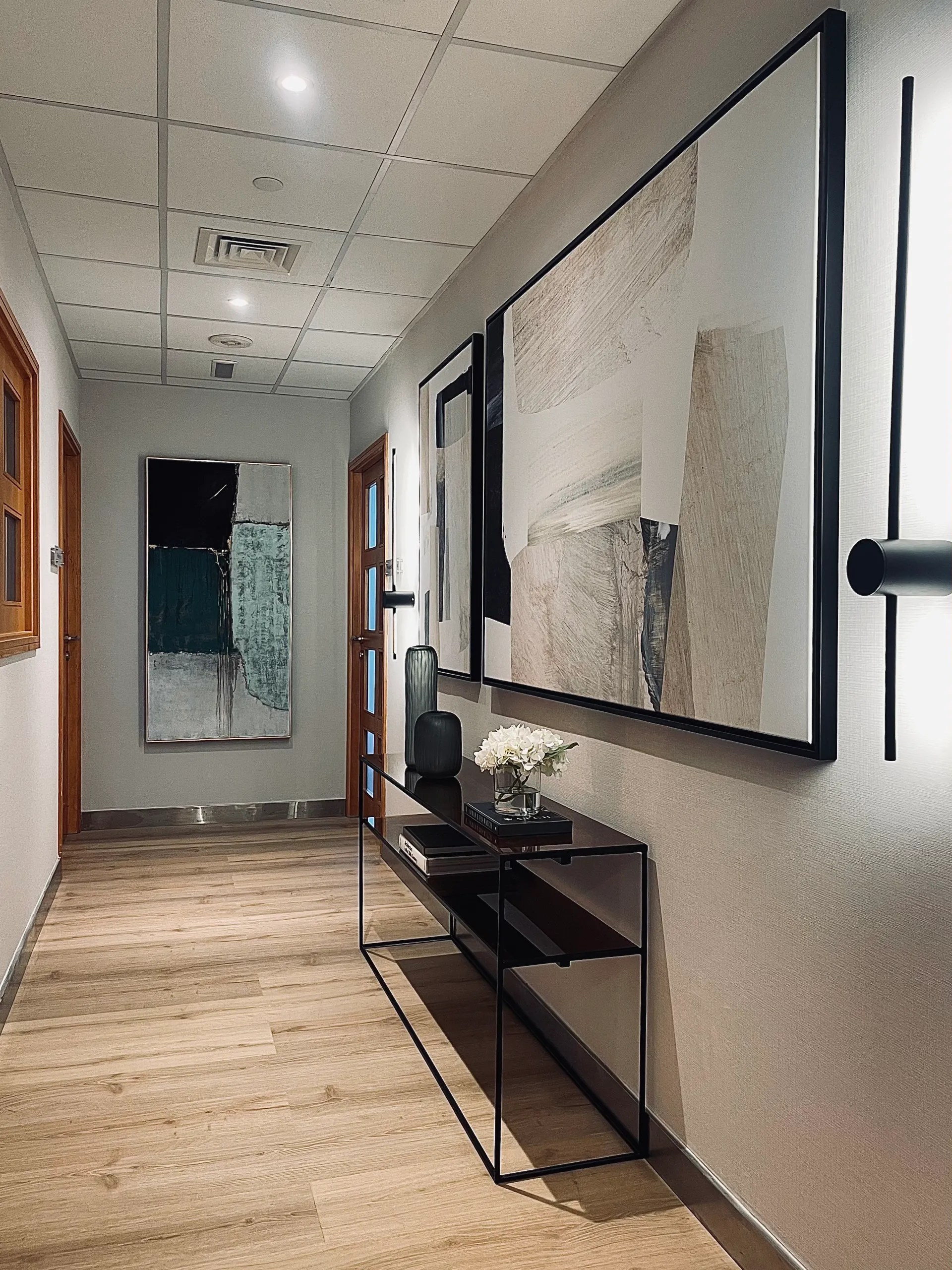How To Become A Successful Fit Out Contractor
Working in the contracting field takes clear steps and sturdy progress. Taking on fit out projects adds extra detail and planning. To do well in this area, people often build strong habits and follow simple methods.
If you want to become a contractor, this short guide outlines parts of the process that support growth in this line of work.
Start with strong basics in trade skills:
Having solid knowledge in areas such as carpentry, electrical work, or finishing tasks can support long-term growth. These skills help fit out contractors Dubai when checking work done by others and also guide decisions on-site. A good grasp of basic techniques also builds trust among clients and team members.
Work under trained professionals first:
Before taking on full projects, it is useful to spend time under skilled supervisors. This period helps build confidence and shows how jobs are managed from start to finish. Watching how others deal with daily tasks, materials, and team members adds real insight.
Learn how to read and apply technical drawings:
A contractor who reads drawings properly can place fittings, measure cuts, and guide others more clearly. Knowing these drawings also helps when changes are necessary. Clear reading of layouts helps match actual work to the client’s requests and avoids mistakes.
Stay updated with tools and safety methods:
Using updated tools allows tasks to be done more accurately and with less delay. Safety knowledge also helps maintain order on-site. This includes the correct way to use gear, arrange materials, or mark off working areas.
Communicate clearly with all parties:
Fit out work often involves clients, site owners, suppliers, and labour teams. Clear and calm communication avoids confusion. Giving updates, asking direct questions, and sharing changes early keeps the project on track and reduces delays.
Track all tasks and materials daily:
Each day on-site includes work done, items used, and deliveries made. Keeping short records of these points helps when reviewing progress or reporting to clients. It also helps track where time or stock may be lost.
Stay open to feedback and learning:
Every job may bring new challenges or steps not faced before. Asking for feedback or learning from past tasks supports steady improvement. Taking notes or reviewing what worked well helps improve future outcomes.
